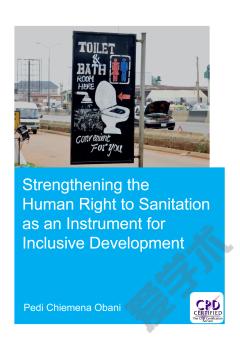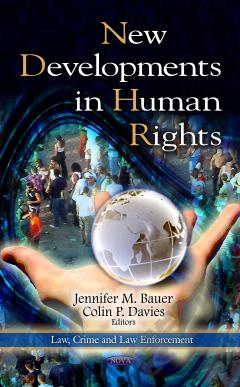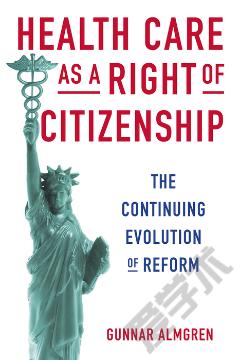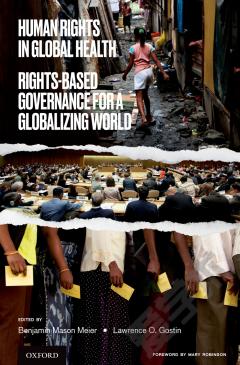Strengthening the Human Right to Sanitation as an Instrument for Inclusive Development
In law, people can gain access to the basic necessities for human wellbeing by going to court to enforce their rights. However, despite the growing global consensus on the existence of a human right to sanitation in law, over a third of the current 7.3 billion people worldwide lack improved sanitation services (Baum, Luh & Bartram, 2013) caused by a variety of drivers that are not entirely connected to law. There are also spatial, group, and individual inequities in access even within countries that have presumably better records of improved access. The resulting social and relational inequities and environmental degradation make the realisation of the human right to sanitation (HRS) and inclusive development (ID â which includes social, ecological and relational inclusiveness) pressing concerns for all levels of governance, from the international to the local levels.
{{comment.content}}








 京公网安备 11010802027623号
京公网安备 11010802027623号